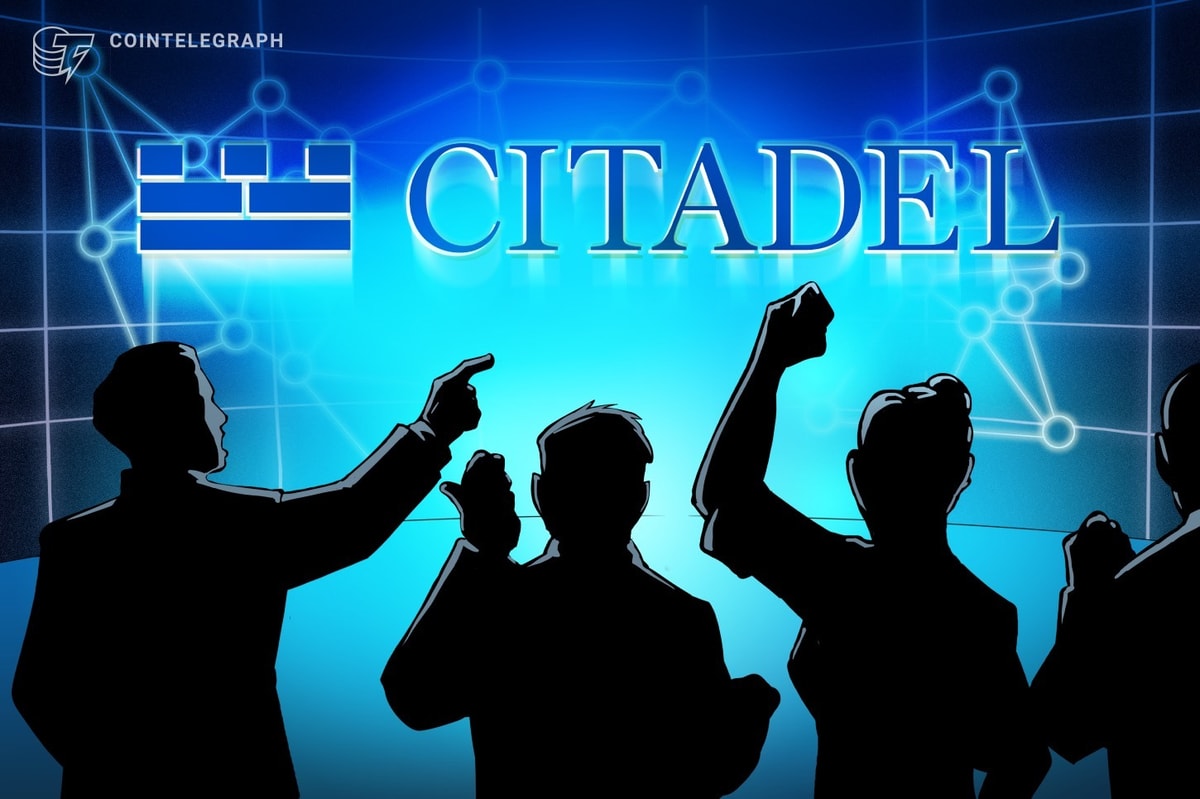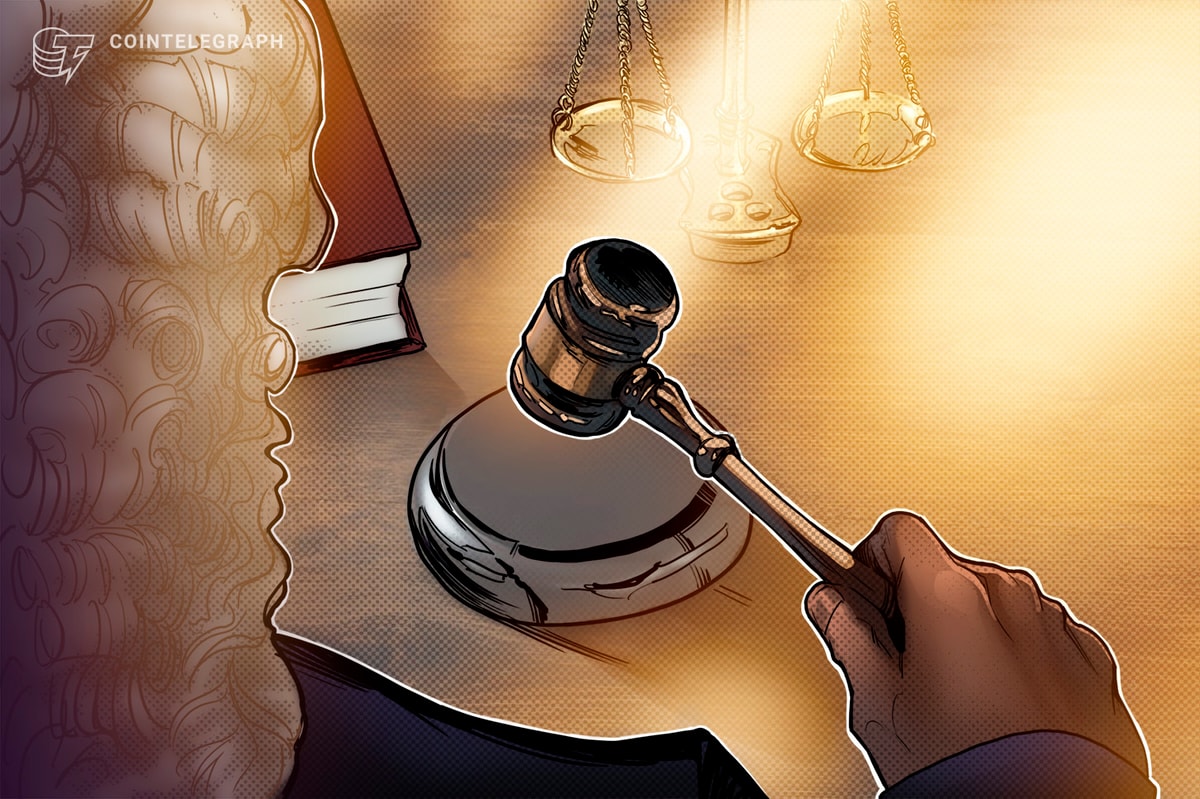The Markets in Crypto-Assets Act, also known as MiCA, was finally passed by the European Parliament.
Newsletter
Last week, the Markets in Crypto-Assets Act, also known as MiCA, was finally passed by the European Parliament. While MiCA technically still has to be approved by the European Council, there’s little doubt that the world’s first comprehensive crypto framework will become a reality by 2024 or 2025.
Despite its flaws, the regulation will establish guidelines for the operation, structure and governance of digital-asset issuers. MiCA is “a milestone for the crypto asset industry,” as its rapporteur, Member of the European Parliament Stefan Berger, put it.
The crypto community welcomed the news, with Binance CEO Changpeng Zhao pledging his readiness to comply with the “pragmatic” regulation, while Gemini co-founder Tyler Winklevoss noted the lack of similar legislation in the United States.
Speaking with Cointelegraph, Patrick Hansen, director of EU strategy and policy at stablecoin issuer Circle, said that MiCA will enable European crypto firms to scale and grow faster, allowing licensed companies to offer their services throughout the world’s largest single market, representing roughly 450 million people.
It’s yet to be seen whether the United States will take a cue from MiCA or continue regulating through enforcement. At least one country has already promised to adopt MiCA nationally: The deputy chairman of Ukraine’s parliamentary Tax Committee, Yaroslav Zheleznyak, revealed that his colleagues were already working on implementing “some provisions from MiCA.”
Rep. Davidson to introduce legislation to fire SEC boss Gensler for crypto overreach
United States Representative Warren Davidson announced his intention to remove Securities and Exchange Commission Chair Gary Gensler from his role after the SEC’s latest announcement that it would revisit a proposed redefinition of an “exchange.” Davidson intends to introduce legislation that would effectively oust Gensler and replace the role with an executive director who “reports to the Board (where authority resides).”
Meanwhile, Gensler himself refused to give a clear opinion on whether Ether (ETH) should be classified as security during a congressional hearing. The SEC chair is under heavy pressure, with Representative Patrick McHenry, chair of the United States House Financial Services Committee, publicly demanding that he provide “clear rules of the road” for crypto.
SEC charges Bittrex with unregistered operations, calls six tokens securities
Despite continuous criticism, the SEC continues to take regulatory actions against the crypto industry in the United States. Last week, the agency charged crypto-asset trading platform Bittrex and its co-founder and former CEO William Shihara with operating an unregistered national securities exchange, broker and clearing agency.
In its complaint, the commission argues that OMG, Dash (DASH), Algorand (ALGO), Monolith (TKN), Naga (NGC) and IHT Real Estate Protocol (IHT) — which are traded on Bittrex — are securities. The complaint seeks disgorgement, penalties and permanent injunctions against the defendants in a jury trial.
Hong Kong court rules cryptocurrencies are property
In a ruling involving defunct crypto exchange Gatecoin, a Hong Kong court acknowledged cryptocurrencies as property that can be held in trust. The court deemed it appropriate to follow reasoning applied by other jurisdictions that crypto was property and could form the subject matter of a trust. The ruling could give insolvency practitioners in Hong Kong greater clarity around digital assets. Confirming that crypto constitutes property, similar to other assets like stocks, aligns Hong Kong with other jurisdictions.







